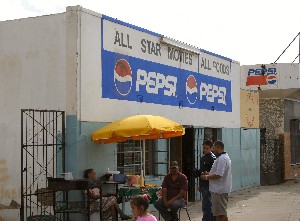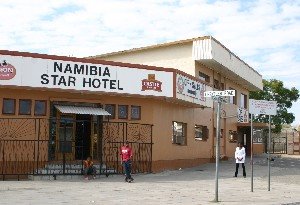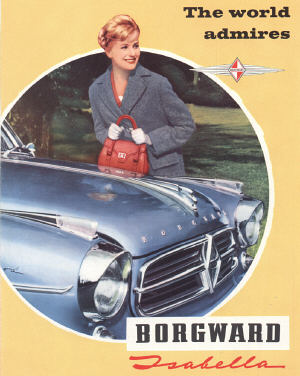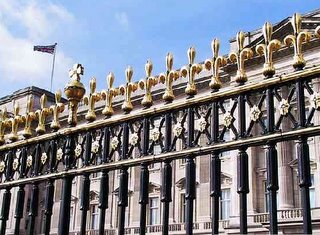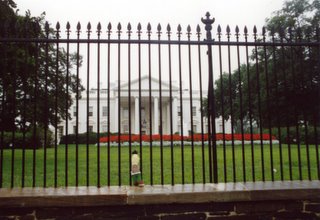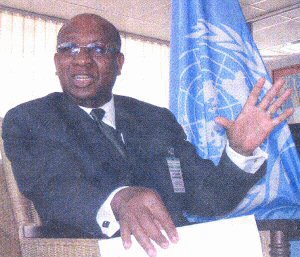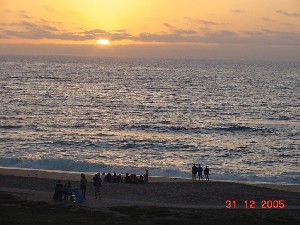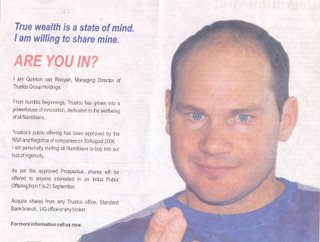
WOULD YOU BUY A USED LEGAL PROTECTION SCHEME FROM THIS MAN?
The attached pic is of the CEO of Trustco, a Namibian company which in the last couple of years appears to have come from nowhere to take over everything. Now they are going for a public share offering, having gained the approval of the Namibian stock exchange, not too difficult a process.
He says that true wealth derives from a state of mind – funny, I thought that true wealth derives from an ability to con your fellow citizens who are less economically sophisticated and financially aware than yourself.
The company peddles an array of dubious and unproductive products, such as legal protection, (for which a monthly sub of N$70 is levied, for life, with no discernible benefit in return), insurance schemes and obsolete overpriced computer equipment.
What product will be offered next – time-shares in a Namibian ski resort?
Last but definitely not least, there is the ‘Winna Mariba’ competition and ‘777’ scam, for which the advertising is unbelievably bad (see other pic) but which unfortunately will attract the usual gambling addicts. Of course it is absolutely untruthful that ‘millions must be won every week’’, but Trustco gets away with it due to the lack of any checks on misleading advertising in Namibia.

The true statistical odds of winning anything, let alone the millions, can be shown to be negligible, but the process will no doubt be manipulated by giving token prizes at intervals in order to maintain public interest in the scheme. In fact, the ‘competition’ is taking on the aspect of a national lottery, the difference being that where governments run true national lotteries in order to raise funds for charities, the proceeds of Winna Mariba of course are directed purely to the profits of Trustco.
The 777 scam refers to the number which cell owners are ‘invited’ to dial, again in the ever-present Trustco ads, either to enter Winna Mariba or to perform some totally trivial transaction like ‘voting’ for their favourite musician. Each of these 777 calls costs N$4 – again, straight to the profits of Trustco.
Then there is the much-touted and presidentially opened Free Press of Namibia, a supposedly 50-50 initiative between Trustco and the Namibian newspaper, by which the Namibian was supposed to get access for the first time to a state of the art printing machine. After the TV cameras and President departed, what the Namibian ended up with was of course a 2nd-hand 20 year old clunker, not the digital state of the art promised, so that the paper now looks as if produced by a drunken typesetter, then left out for 3 or 4 days in the rain. Anyone who can still read the colour ads, please let me know.
One will note that articles or readers’ letters critical of Trustco are seldom to be seen in the paper, and more and more of the copy seems to consist of Trustco ads, no doubt at very attractive rates. Though vigorously denied, one can foresee the day when the Namibian will be merged with Trustco’s ‘knock and drop’.
Yes, Trustco also has ambitions in the media worldand publishes its own free newspaper called Informanté – a strange name, sounds like cheap jewellery, or am I thinking of diamanté? Funnily enough, it’s well printed and not a bad paper.
The Founding Father could not sink the paper, but maybe Trustco can?
It is a pity the recent Namfisa (the Namibian financial regulatory body) investigation of Trustco collapsed, due to the usual lack of preparation.
Oh, I was going to give my advise on whether people should purchase shares in Trustco. Ran out of time, but maybe in the next posting.

